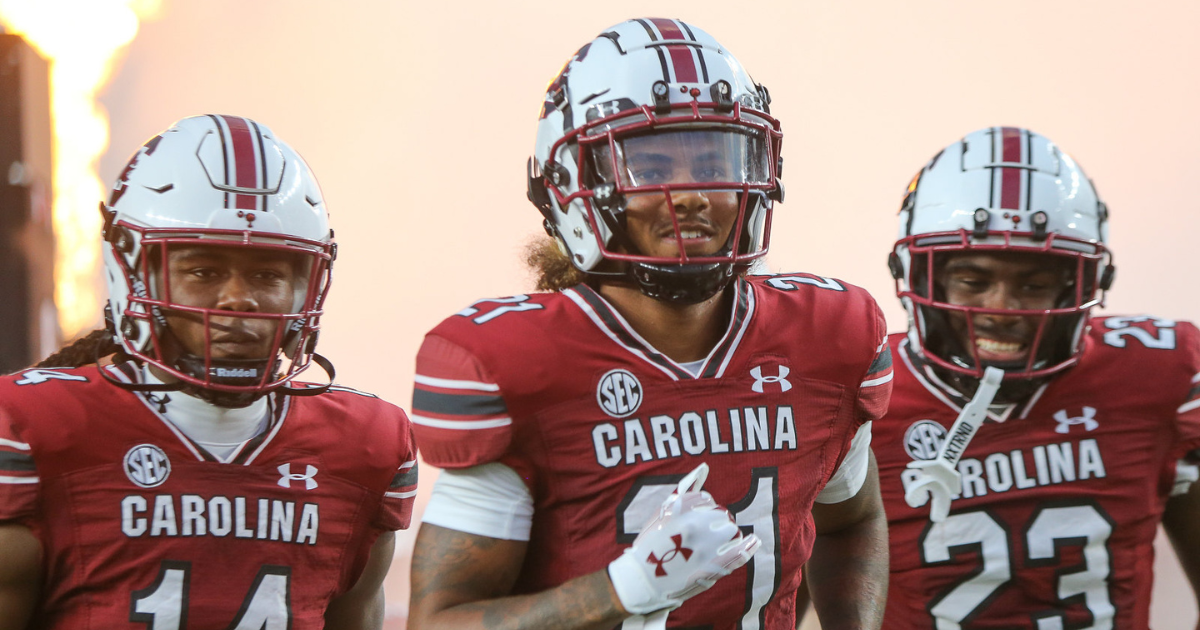North Dakota is asking a judge to dismiss a lawsuit that a local election official and conservative legal organization filed seeking to restrict mail-in voting across the state.
A motion filed Monday by North Dakota Attorney General Drew Wrigley’s office argues there is no conflict between state and federal election laws, which is a central claim in the federal lawsuit brought by Burleigh County Auditor Mark Splonskowski.
The state argues in part that Splonskowski’s “true aim in this lawsuit is not adjudication of a true conflict, but the improper overthrow of North Dakota law.”
Splonskowski, who was elected last fall, argues in the lawsuit filed July 5 that he faces “an impossibility” in enforcing election law. The lawsuit filed in collaboration with the Public Interest Legal Foundation argues that federal law assigns one day as Election Day, while the state allows for ballots to be counted up to 13 days after Election Day, creating a scenario in which Splonskowski has to decide which law to follow.
People are also reading…
The foundation also filed voting-related suits in the wake of the 2020 election, including in Pennsylvania and Arizona, amid former President Donald Trump’s claims of election fraud.
Though North Dakota requires all mail-in votes to be postmarked by the day before Election Day, the suit claims Splonskowski “is harmed by instructions to accept and cast ballots received after Election Day” and could face consequences for not following federal law if he counts these mail-in ballots.
The state argues that Splonskowski is wrong, citing a federal opinion in which a judge wrote that voting should not be confused with counting votes.
The state also disputes Splonskowski’s claim that he could potentially face criminal penalties for enforcing the state’s election law. For example, the state argues that a Burleigh County prosecutor would not attempt to prosecute someone for complying with state Century Code.
The lawsuit is directed at the state’s election director, Erika White. The state argues the inclusion of White appears to be an “afterthought” and that the lawsuit fails to address a connection between White and Splonskowski’s fear of prosecution. White is an appointed official and is neither responsible for overall election administration in the state nor Splonskowski’s hypothetical decision to violate state or federal law. Additionally, the state points out that the law at the center of the suit took effect in 1981 — far before White’s time in her position.
The state also alleges that White is protected by the 11th Amendment, which states that federal courts are prohibited from hearing lawsuits filed against a state by citizens, another state or a foreign entity.
In July, when the suit was filed, The Associated Press reported that the Public Interest Legal Foundation met with multiple other election officials throughout the state before moving forward with Splonskowski, appearing to shop around for a plaintiff. The organization said the suit is focused on North Dakota when the AP asked about interest in a national injunction.
“Prolonged elections with uncertain results are undermining confidence in the electoral system with significant segments of the country,” foundation spokesperson Lauren Bis said in a statement to the Tribune. “We have to restore the day in Election Day before 2024.”
































/cdn.vox-cdn.com/uploads/chorus_asset/file/25789444/1258459915.jpg)

/cdn.vox-cdn.com/uploads/chorus_asset/file/25546252/STK169_Mark_Zuckerburg_CVIRGINIA_D.jpg)

/cdn.vox-cdn.com/uploads/chorus_asset/file/23951353/STK043_VRG_Illo_N_Barclay_3_Meta.jpg)
/cdn.vox-cdn.com/uploads/chorus_asset/file/24924653/236780_Google_AntiTrust_Trial_Custom_Art_CVirginia__0003_1.png)